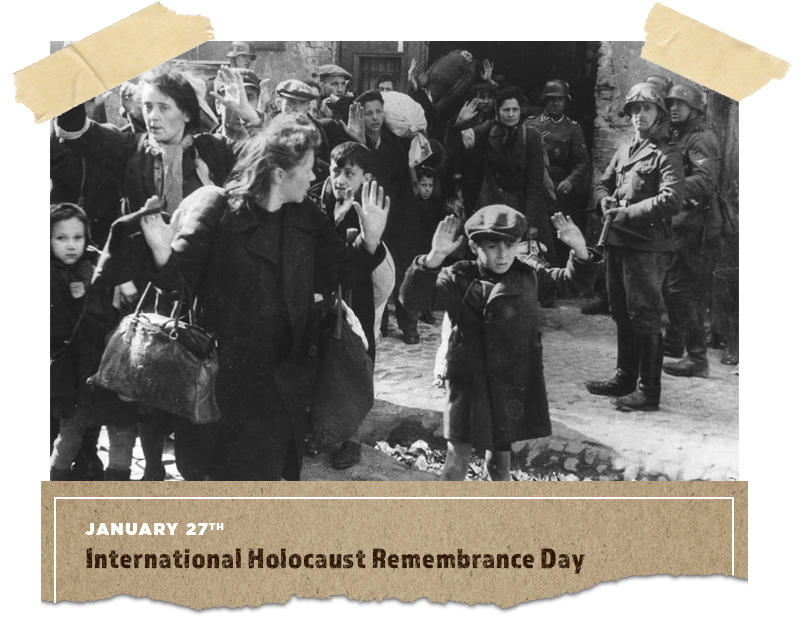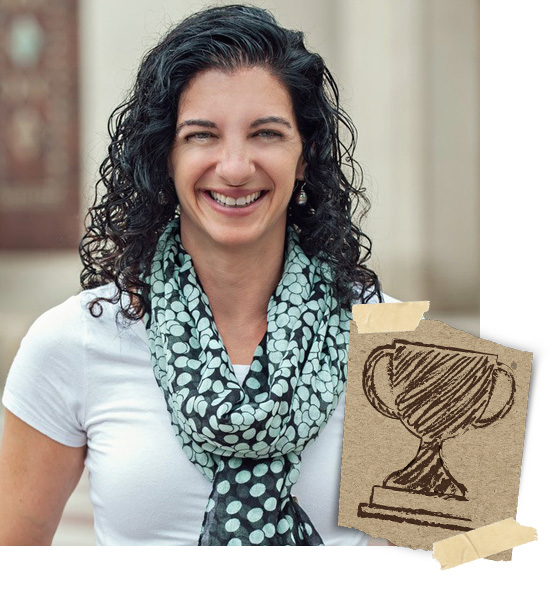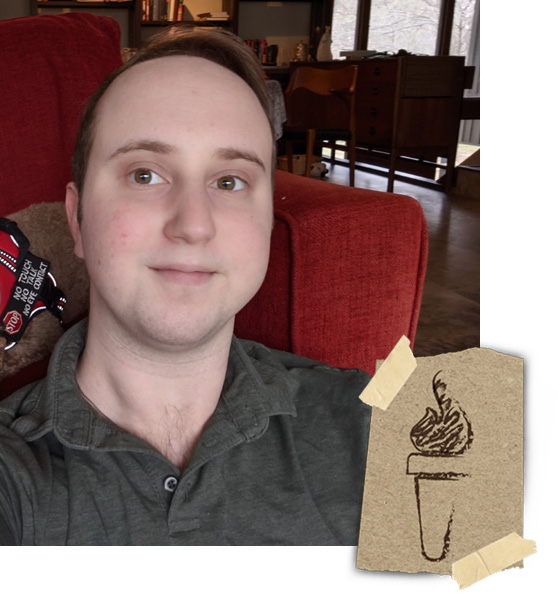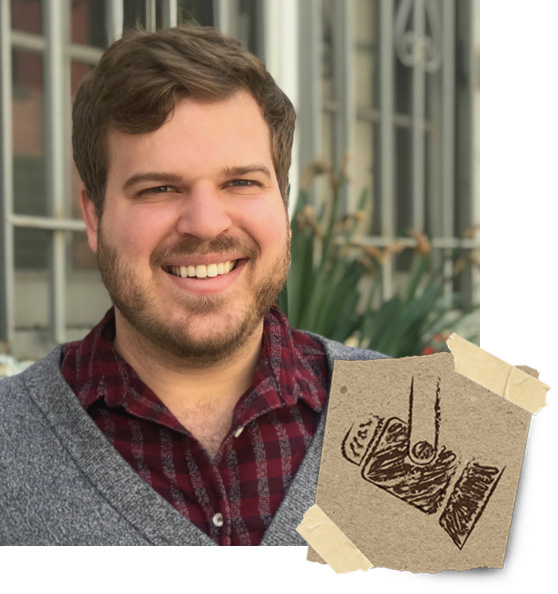International Holocaust Remembrance Day

Photo: "Warsaw Ghetto Boy", 1943, Near Warsaw, Poland during an uprising. For many, this child represents the children of the Holocaust, as well as all Jewish victims. "Warsaw Ghetto", a title Nazis gave to places Jewish people were confined, was the largest of these "ghettos" during World War II. (Public domain photo from Jürgen Stroop's report to Heinrich Himmler)
This month, we celebrate “International Holocaust Remembrance Day" on January 27th. International Holocaust Remembrance Day commemorates the millions of Holocaust victims and enjoins individuals to promote programs to prevent further genocides.

Diversity Champion
Faculty/Staff
Dr. Kirsten Fermaglich
As a scholar of Holocaust memory in the United States, Dr. Fermaglich, a MSU History Professor, exemplifies efforts to remember the impact of the Holocaust on today’s world.

Diversity Torch
Student
Reid Elefson-Frank
Reid Ellefson-Frank is an MSU College of Social Science student majoring in Anthropology, whose recent work on tourism at Auschwitz, and Auschwitz’s archaeological environment earned the regard of his professors.

Diversity Spotlight
Alumni
Dr. Geoffrey Levin
Dr. Levin is an assistant professor of Middle Eastern Studies at Emory University and is a graduate of MSU’s Asian Studies and Peace and Justice Studies Programs. Dr. Levin conducts research on the relationship between American Jews and Israel following the 1948 war.
Additional Resources
-
Diaries and Memoirs
-
Delbo, Charlotte. Auschwitz and After. Yale University Press, 1995
-
Levi, Primo. Survival in Auschwitz.
-
Karski, Jan. Story of a Secret State. Georgetown University Press, 2014.
-
Lewin, Abraham. A Cup of Tears: A Diary of the Warsaw Ghetto. Oxford: Basil Blackwell, 1988.
-
Ringelblum, Emanuel. Notes from the Warsaw Ghetto: The Journal of Emmanuel Ringelblum. Schocken Books, 1974.
-
Sierakowiak, Dawid. The Diary of Dawid Sierakowiak
-
Spiegelman, Art. The Complete Maus, Pantheon, 1996.
-
-
Academic Textbooks
-
Bergen, Doris. War and Genocide, 3rd edition. Rowman and Littlefield, 2016.
-
Friedlander, Saul. Nazi Germany and the Jews, 1933-1945, Abridged Edition. Harper Perennial, 2009.
-
Hayes, Peter. Why? Explaining the Holocaust. W.W. Norton, 2018.
-
Ofer, Dalia, ed. Women in the Holocaust. Yale University Press, 2012.
-
-
Academic Monographs for public and scholarly audience
-
Kassow, Samuel. Who Will Write Our History? Vintage, 2009.
-
Bartov, Omer. Anatomy of a Genocide. Simon and Schuster, 2019.
-
Browning, Christopher. Ordinary Men. Harper Perennial, revised version, 2017.
-
Fulbrook, Mary. A Small Town Near Auschwitz. OUP, 2013.
-
Gross, Jan. Neighbors. Penguin, 2002.
-
Kaplan, Marion. Between Dignity and Despair, OUP, 1999.
-
Polonsky, Antony. Jews in Poland and Russia: A Short History, The Littman Library, 2013.
-
-
Academic Monographs for scholarly audience
-
LaCapra, Dominic. History and Memory after Auschwitz, Cornell UP, 1998.
-
Langer, Lawrence, Holocaust Testimonies: The Ruins of Memory, Yale UP, 1993
-
Roseman, Mark, A Past in Hiding: Memory and Survival in Nazi Germany, Metropolitan Books, 2001.
-
Goldberg, Amos. Trauma in First Person: Diary Writing During the Holocaust, Indiana UP, 2017.
-
-
Fiction
-
Michaels, Anne. Fugitive Pieces. Vintage, 1998.
-
Zusak, Marcus. The Book Thief. Knopf, 2007.
-
Grossman, David. See Under: Love, Picador, 2002.
-
Krauss, Nicole, The History of Love, W.W. Norton, 2006.
-
Safran Foer, Jonathan, Everything is Illuminated, Mariner Books, 2015.
-
-
Films
-
Conspiracy
-
The Grey Zone
-
Schindler's List
-
The Pianist
-
The Photographer
-
Night and Fog
-
Shoah
-
Defiance
-
Denial
-

